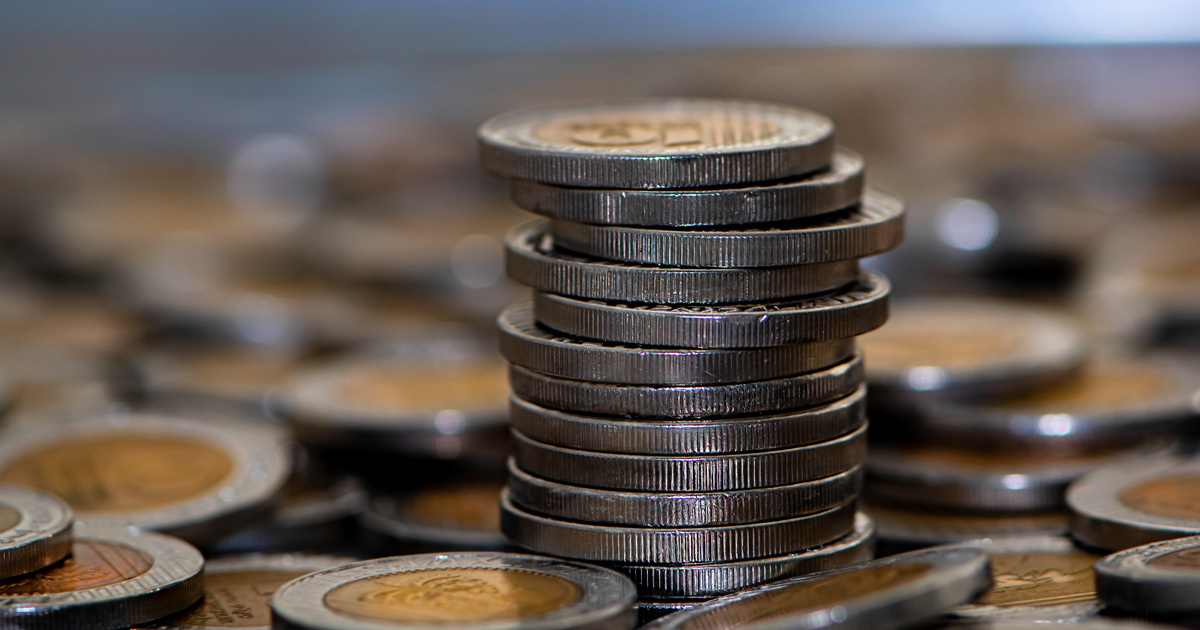
The technology age relies on raw materials found in smartphones, medical devices, e-cars, and batteries. The limited availability of resources for certain metals and rare earths has caused prices to rise often. This is something that everyone can benefit from and invest in commodities in various ways.
There are several ways to invest in commodities. You can buy shares of companies that mine or process raw materials. Likewise, you can put money into exchange traded commodities, which are bonds on commodities. A third option is a direct investment in the commodities themselves.
1. Mining Companies and Production Companies
Numerous companies whose business relates to the extraction and production of rare earths and metals are listed on the stock exchange. This offers the opportunity to participate in them with shares and invest indirectly in the raw materials.
In 2021, the largest listed mining companies (explorers) for rare earths included the following companies, based on data from Statista:
| Stock market value in millions of US dollars | |
| China Northern Rare Earth Group (China) | 4.678 |
| Lynas Corporation Ltd. (Australia) | 3.814 |
| Iluka Ressources Ltd. (Australia) | 2.694 |
| Galaxy Ressources Ltd. (Australia) | 1.438 |
| Alkane Ressources Ltd. (USA) | 722 |
Instead of focusing on individual stocks, investors can also decide on commodity funds or exchange-traded funds.
Commodity funds allow investors to participate in the international commodity markets, such as industrial metals or precious metals, and thus, benefit indirectly from price developments. There are two ways of doing this: Either the fund buys shares of mining or production companies or commodity derivatives traded on the stock exchange.
Exchange traded funds (ETFs) for commodities replicate a selected commodity index. The three most essential indices are the Bloomberg Commodity Index, the Rogers International Commodity Index, and the Refinitiv Core Commodities CRB Index. They cover, in varying weightings, several commodity groups such as energy, agricultural commodities, industrial metals, and precious metals. In Critical Commodities, a Rare Earths and Strategic Metals ETF was launched in the fall of 2021, which is based on the MVIS Global Rare Earth/Strategic Metals Index (MVREMXTR).
2. Exchange Traded Commodities
Exchange Traded Commodities (ETCs) are securities traded on the stock exchange. They represent perpetual debt securities and always relate to one type of commodity:
- Precious metals such as gold, silver, platinum, and palladium
- Industrial metals such as aluminum, copper, nickel, and zinc
- Fossil fuels such as oil and natural gas
- Agricultural commodities, which include sugar, coffee, wheat and cotton.
Certain commodities, such as rare earths or some technology metals, are not traded on the exchange. Therefore, no ETCs can be found for them.
3. Direct Investment in Commodities
Many investors are already familiar with direct investments in commodities from precious metals such as gold and silver. Besides classic tangible assets, private investors have also been able to purchase rare earths and technology metals for a few years and buy them physically. Dysprosium, gallium, germanium, hafnium, indium, neodymium, praseodymium, rhenium, tellurium, and terbium are particularly suitable for this purpose.
Even today, the production volumes of some of these commodities can barely cover demand. This trend is continuing to increase because of new high-tech applications. It may, therefore, be worth speculating on rising prices. Technology metals and rare earths need not fear comparison with precious metals.
If you want to put your money in rare earths, you should consider a few things. First, it makes sense to buy the raw materials as oxides, i.e., in powder form. The industry prefers to use oxides for its own processing. Thus, rare earths in powder form are easier to liquidate. In addition, oxides can be stored much better than pure metals. If stored improperly, the product quality can suffer. In the worst case, there is a risk of harming health.
This Is Why You Should Invest in Commodities
Given low or negative interest rates and rising inflation, it can be worthwhile putting your money into tangible assets. The range of asset classes, which used to be reserved primarily for institutional investors, is becoming increasingly diverse for private individuals. As shown in the gold-gallium comparison, commodity investments offer interesting opportunities for returns. They are also crisis-proof and inflation-proof. In the right mix, they can contribute to portfolio diversification.

